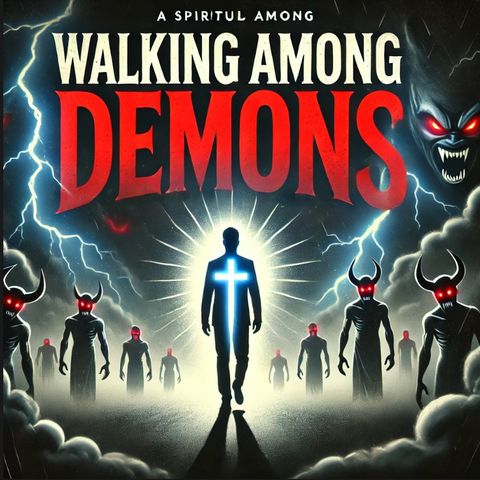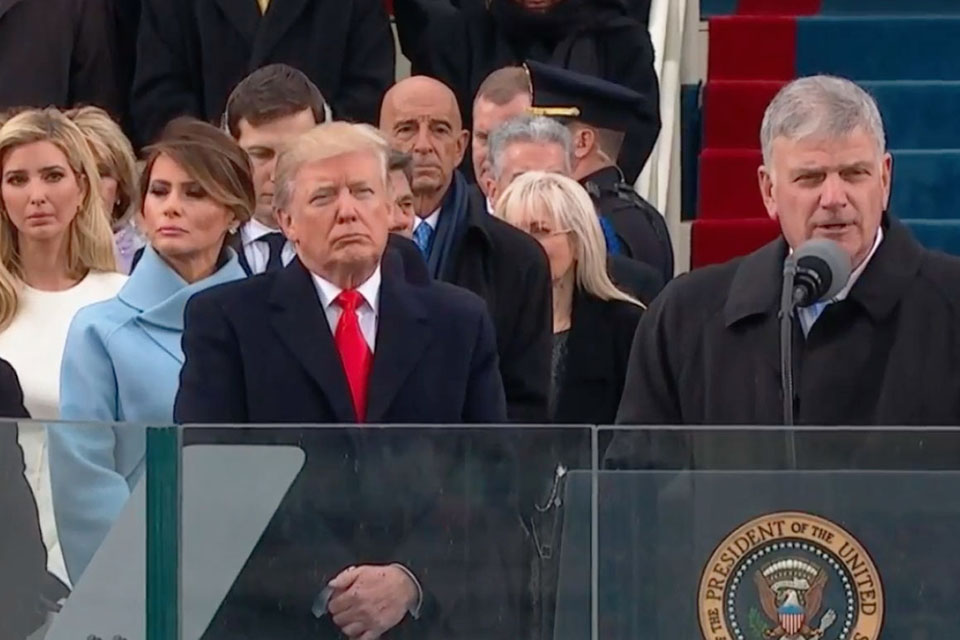In a recent episode of his widely followed podcast, Joe Rogan, a figure known for his atheistic views, expressed astonishment upon being presented with purported evidence supporting the historical existence of Jesus Christ.
Christian Talk Podcast
This development has sparked considerable discussion among conservative circles, who view it as a potential turning point in the cultural discourse surrounding faith and secularism.
Joe Rogan’s Jaw Drops at New Proof of Jesus – Watch Now!
During the episode, Rogan was introduced to a collection of artifacts and scholarly analyses suggesting the verifiable existence of Jesus as a historical figure. The presentation included references to ancient manuscripts and archaeological findings that align with biblical narratives. Rogan’s reaction was one of genuine surprise, stating, “I need to look into this more deeply; it’s fascinating.”
According to DailyMail:
‘The podcaster had religious scholar Wesley Huff on his show this week where, during the course of their discussion, Rogan admitted he may have had things wrong about the religion.
Joe Rogan – a self-described ‘atheist’ – was amazed after being gifted what his guest claimed is evidence Jesus was real.
The podcaster had religious scholar Wesley Huff on his show this week where, during the course of their discussion, Rogan admitted he may have had things wrong about the religion.
Huff handed Rogan a replica of what Christians say is one the oldest known manuscripts of the Bible, known as Papyrus 52, which is believed to be the oldest excerpt of the long-lost Gospel of John in the Bible.’

This incident has been met with enthusiasm by conservative commentators, who interpret Rogan’s openness as indicative of a broader societal shift towards re-examining secular assumptions. They argue that such revelations could encourage a more balanced discourse on the role of religion in public life.
Critics from more progressive backgrounds have expressed skepticism, questioning the validity of the evidence presented to Rogan. They caution against drawing definitive conclusions from a single presentation, emphasizing the importance of rigorous scholarly review.
Nonetheless, the episode has reignited discussions about the intersection of faith, history, and modern skepticism. Rogan’s platform, known for its diverse range of topics and guests, has once again served as a catalyst for debate on foundational societal issues.
As the conversation continues, many anticipate further exploration into the historical evidence surrounding religious figures, with the hope that such inquiries will foster a more informed and respectful dialogue between differing world views.




The second coming of Jesus happened in May 2010 end of days. The History Channel’s Real Face of Jesus. The Aramaic first New Testament says. Jesus will come from a “Pillar of Cloud”. A pillar supports. What cloud supports us ? The “I Cloud” has our telephone numbers and YouTube. On YouTube “The Real Face of Jesus” by Ray Downing. The experts say it’s a”Three Dimensional, Molecular, Digital, Scan on the starch of the fabric. Of the burial cloth of Jesus. WE can’t do. The “Bible Codes” WE can’t do, says Harold Gans. My old web page is thefirsttrumpetinrevelation.com Marine Sgt. John B Myers PhD NIV Bible.